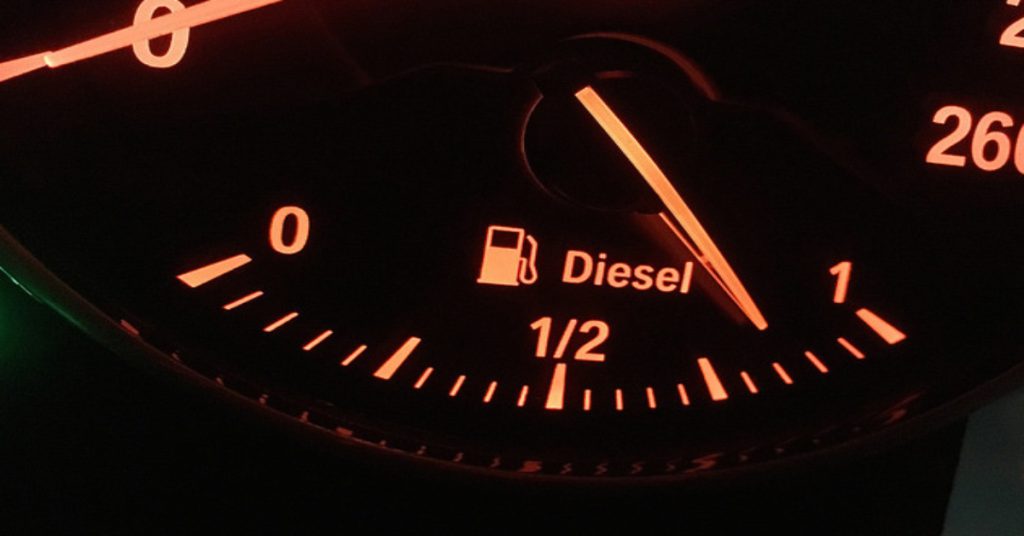Singapore will no longer register new diesel cars and taxis from Jan 1, 2025, onwards, following the government’s initiative to have all vehicles running on cleaner energy by 2040.
According to a report by The Straits Times today (July 10), this decision to phase out more polluting vehicles was announced in Parliament in March 2021 during a debate on the government’s environmental sustainability plans.
The Land Transport Authority (LTA) spoke to The Straits Times today, where they shared that new diesel car and taxi registrations have stayed below 1 per cent since then, due to the availability of cleaner alternatives.
The ban on new diesel cars and taxis precedes a broader requirement that all new cars and taxis registered from 2030 onwards must be cleaner-energy models.
Owners of diesel cars registered before January 1, 2025, will be able to renew their Certificate of Entitlement (COE) after the 2025 deadline. However, LTA clarified that they will face higher road taxes to discourage renewal.
This is in line with the existing policy, which imposes a road tax surcharge of 10 per cent to 50 per cent for vehicles older than 10 years, depending on the vehicle’s age.
However, the restrictions will not apply to cars imported and registered under the Classic Vehicle and Vintage Vehicle schemes. Here’s how the vehicles are classified:
- Classic vehicles: Must be at least 35 years old from their original registration date and meet specific requirements.
- Vintage vehicles: Heritage-rich cars, motorcycles, or scooters manufactured before January 1940.
What can diesel vehicle owners do?
As of May, about 17 per cent of all vehicles in Singapore ran on diesel. Among passenger cars, pure diesel models made up only about 2.7 per cent of the population of 650,001.
While taxis used to largely run on diesel, a large majority have since switched to petrol-electric hybrid or fully electric models. As of May, an estimated 16.8 per cent of the 13,330 cabs here were still diesel-powered.
Simultaneously, efforts to encourage commercial vehicle owners to switch from diesel to cleaner fuels include the Early Turnover Scheme (ETS) and the Commercial Vehicle Emissions Scheme (CVES).
The ETS allows owners of older commercial vehicles to replace them with newer, cleaner models at a discounted COE price, while the CVES offers cash incentives to owners of light goods vehicles who choose cleaner, mainly electric, models.
The number of diesel-powered goods vehicles decreased from 95.8 per cent at the end of 2020 to 88.6 per cent of the 143,565 goods vehicles in Singapore in May this year. For buses, 97.4% of the 18,007 registered were diesel-powered.
LTA has pledged to buy only cleaner-energy public buses and aims to replace half of its nearly 6,000 diesel-powered public buses with electric ones by 2030. Some private bus operators have also adopted fully electric models.
Health Minister Ong Ye Kung, who was the transport minister in 2021, informed Parliament that motor vehicles in Singapore emit about 6.4 million tonnes of carbon dioxide (CO2)-equivalent annually.
That said, switching all light vehicles, including cars and taxis, to electricity could result in a net carbon abatement of 1.5 to 2 million tonnes per year, which is roughly 4% of Singapore’s total national emissions.
Mr Ong also noted that transitioning from internal combustion engine vehicles to battery-powered ones can save net carbon by half, even if the electricity is generated from fossil fuels like natural gas.
Featured Image Credit: CarBuyer Singapore










